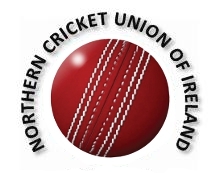|
The Influence of New Media on Cricket
David Holmes (Total Cricket, News Letter) Last week Joe Doherty looked at the emergence of Ireland as a cricketing force on the global stage, but perhaps there have been even more startling developments off the field in how both players and anyone else with an interest in the game now assimilates their information. |
|
© Northern Cricket Union
|
